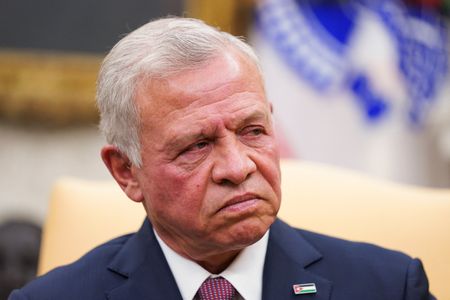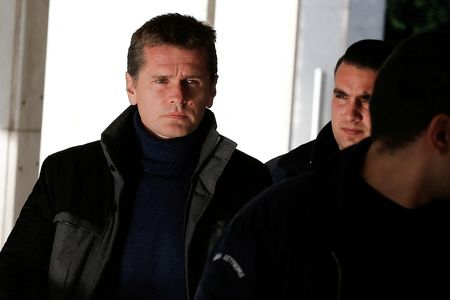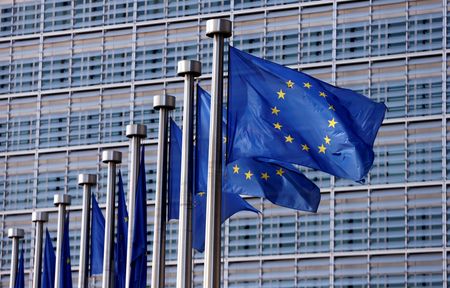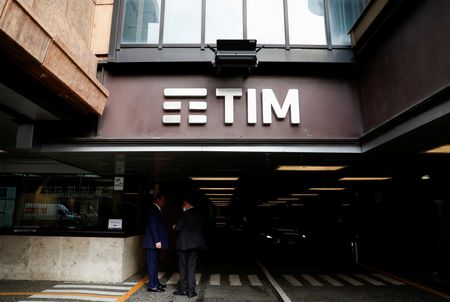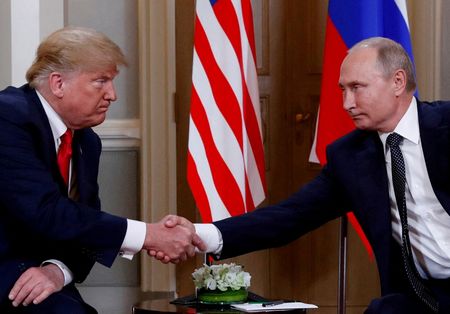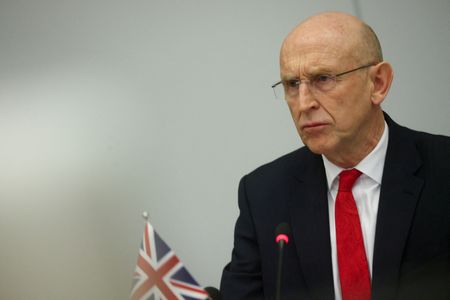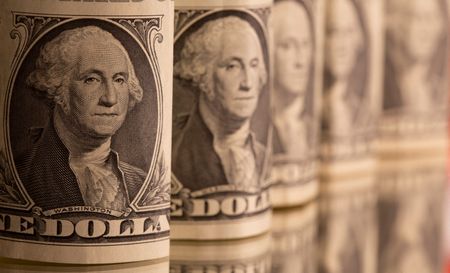By Marc Jones and Balazs Koranyi
LONDON/FRANKFURT (Reuters) -The ECB should ease policy gradually and not target a difficult-to-define “neutral” interest rate, Bundesbank President Joachim Nagel said on Wednesday, although it needs to be ready to fight for Europe if a global trade war erupts.
The ECB has cut interest rates five times since last June and hinted at even more in the coming months as the economy ails, fuelling speculation about how far it might cut its 2.75% benchmark rate.
Economists see the neutral rate, which neither stimulates nor slows growth, as a goldilocks stance. The ECB published a research paper last week showing that level could be around 1.75% to 2.25%.
But Nagel, like many of his colleagues, played down neutral, also called “r-star” in central bank-speak, arguing that it was not very useful given the uncertainty over its exact level.
“The closer we get to the neutral rate, the more appropriate it becomes to take a gradual approach,” Nagel said in a speech in London. “The limits of the concept are also clear: it would be risky to base decisions mainly on r-star estimates.”
Nagel added that the Bundesbank’s own estimate for the neutral rate was between 1.8% and 2.5%, a band so wide that the next cut could already take the ECB to neutral or it could still be several steps away.
Instead, the ECB should react to data, especially in the current environment where new U.S. President Donald Trump is threatening to impose aggressive tariffs on an already spluttering European economy.
“There are spillovers for sure coming from the economy, and that could trigger a situation where maybe inflation could fall below our target,” Nagel said, although that wasn’t a “high probability” scenario at the moment.
The ECB next meets on March 6 and a rate cut to 2.5% is fully priced in. But economists are not sure how many more there will be after that. Some think it could even be forced to take them back to zero if a trade war really escalates.
“We shouldn’t be too optimistic when we come to the next rate decision,” Nagel said
EURO FIGHTER
The Bundesbank chief also talked about the upcoming German election and both Germany and Europe’s need for change.
Without it, there is a “high danger” of a further loss of economic competitiveness, he said. The Bundesbank also wants an overhaul of Germany’s so-called “debt brake”.
“I believe the fiscal debt brake should be reformed,” he said during a post-speech Q&A session organised by the OMFIF think tank. He stressed that it needs to be more than just “tiny changes” too.
He warned against central banks buying bitcoin and said he wanted the ECB to issue a digital euro as soon as possible to help the euro zone keep up with change and maintain a firm grip of its monetary sovereignty.
“We have to do what is necessary for Europe,” he said referring the broader divergence that could open if the U.S. continues to follow its current path.
(Reporting by Balazs Koranyi; Editing by Hugh Lawson and Chizu Nomiyama)

